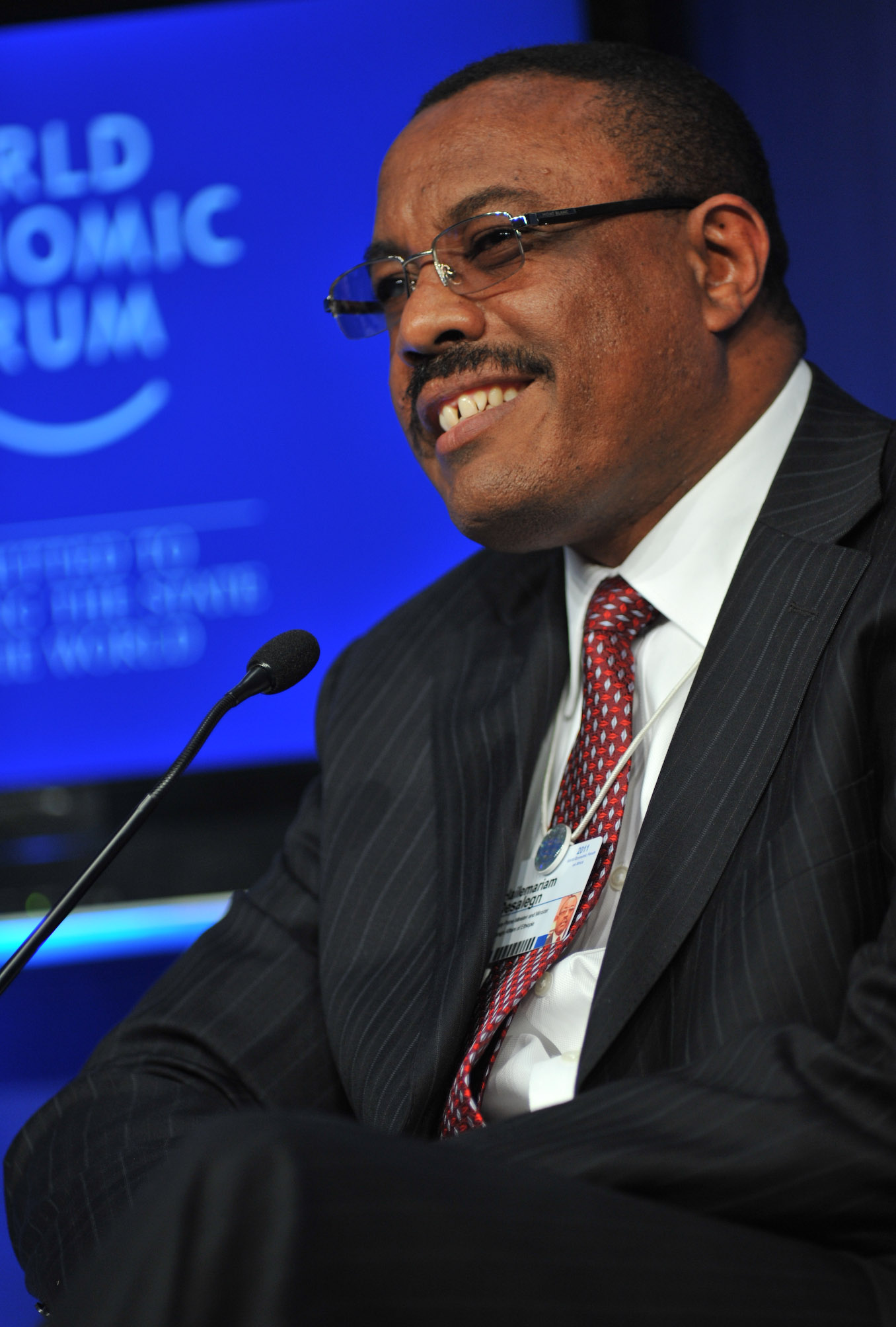By Betre Yacob
It has been 18 days since the death of the late Ethiopian Prime Minister Meles Zenawi was announced by the Ethiopian Government on the state Television. But still now, no one in Ethiopia knows who the successor is. Even if the Ethiopian Communication Affairs Minister, Bereket Semon, said that everything was “stable” and the country’s deputy PM, Hailemariam Desalegn, would be sworn in as PM, different evidences are showing something opposite to that of his words. This is why there are now fears of increased instability in the country as well as in the Horn of Africa at large.
According to the International Crises Group (ICG) there has been a power struggle in Ethiopian People’s Revolutionary Democratic Front (EPRDF), the alliance of different ruling parties representing different ethnic groups. While some members of the Tigray People’s Liberation Front (TPLF), the dominant party in the alliance, object the succession of Hailemariam Desalegn, who is from the South and was in control of the power while PM Meles was ill, Amhara National Democratic Movement (ANDM) and Oromo People’s Democratic Organization (OPDO), the minority parties in the alliance, are strongly claiming that the power should be given to them. And ICG indicates that unless the struggle can get a permanent solution it would lead the country — which is highly wounded by ethnic politics — into instability and crumbling treat.
Including ICG many political activists argue that Ethiopia’s government has no institutional mechanism to manage a handover of executive responsibilities in such a way that respect the interest of more than 85 ethnic groups which think to be dominated by Tigrayan and look for a power. This is the reason why, according to their argument, the authorities have objected to approve the succession of Hailemariam, who was in control of the power while PM Meles was ill.
In the 1994 Ethiopian constitution, there are no clear mechanisms for succession. Article 71-75, which are stated to treat the executive powers and related matters, are blocked and more vague. For instance, Article 73 just says “the Prime Minister shall be elected from among members of the House of Peoples’ Representatives” in a more general way. Article 75 also states that the Deputy Prime minister may “act on behalf of the Prime Minister in his absence”, but it also states that in such circumstances he remains “responsible to the Prime Minister.” It means his power is not constitutionally given, but also it is given by the PM.
The ICG clams “the constitution was drafted so as not to constrain TPLF, the dominant party.” It says “the wording of Article 75 ensures that a non-Tigrayan deputy prime minister, necessary to preserve the image of ethnic balance, would not automatically be promoted once Meles was dead, thereby endangering the Tigrayan elite.”
Many people argue that the question of ANDM and OPDO is right since they are the two largest member parties in EPRDF consisting of the large seat in the Parliament and in the lower class of the military. Therefore, they say it is hard for the future of the country to object their request. But on the contrary the ICG and different political activists have said that if the power ran away from the hand of TPLF it would implement its old program of establishing the “Republic of Tigray”.
While the country is in this very challenging situation no one can speak genuinely about its future. Several elite Ethiopians are now suggesting the formation of a transitional government consisting of the ruling and the opposition parties as well as different civic societies. And the majorities of Ethiopians, who were victims of the authoritarian regime and its defect full policies and strategies, are expressing their support for its success. However EPDRF is saying, “It is impossible to do such a foolish thing.” It says that the party will keep ruling the country, and no change in its strategies and policies will be made.



